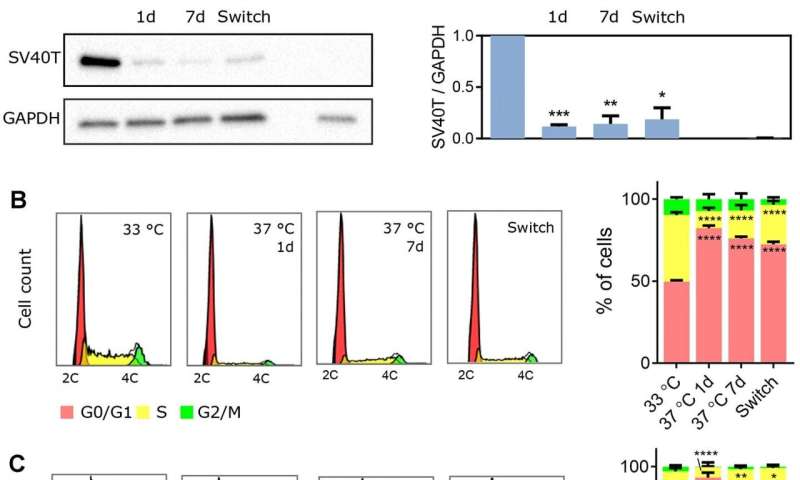
A research team assessed the safety of conditionally immortalized proximal tubule epithelial cells for bioartificial kidney application, by using in vitro assays and athymic nude rats.
They demonstrate that these cells do not possess key properties of oncogenically transformed cells, including anchorage-independent growth, lack of contact inhibition and apoptosis-resistance.
Taken together, this study lays an important foundation towards bioartificial kidney development by confirming the safety of the cell line intended for incorporation.
Dr. Rosalinde Masereeuw from the Division of Pharmacology, Utrecht Institute for Pharmaceutical Sciences, Utrecht University, Utrecht, The Netherlands said, “End-stage kidney disease represents irreversible kidney failure through a variety of causes.”
Human primary proximal tubule epithelial cells have a limited life span in vitro and presenting risks, such as functional changes occurring upon culturing as well as dedifferentiation and senescence of cells.
Issues related to the use of animal-derived cells in BAK are safety concerns compromising approval for clinical application and species differences in cell behaviour.
Due to the expression of temperature-sensitive SV40T, cells can be expanded at permissive temperature of 33 C and differentiated into mature cells at non-permissive temperature of 37 C.
With this cell line the authors demonstrated the capacity of an efficient removal of uremic toxins when cells are cultured on hollow fiber membranes , thereby creating fully functional kidney tubules.
Finally, they evaluated cell transforming properties and tumorigenic potential in vivo to gain more insight into safety and suitability of these cells for applications in renal replacement therapies.
Source: Read Full Article
